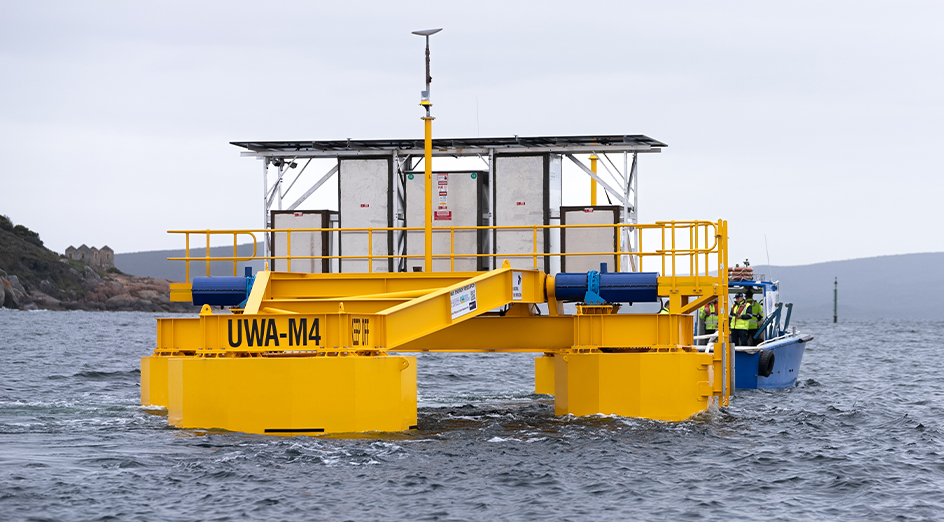A record number of batteries were installed across Australia in 2023, in homes, businesses and at grid-scale, according to a new report from solar and storage market analyst SunWiz.
According to the 2024 Annual SunWiz Australian Battery Market Report, a record 57,000 battery systems, or energy storage systems, were installed in Australian homes in 2023. This represented 21% growth on installation levels from the previous year, 2022, and saw a record-setting 656 MWh of residential battery capacity come online.
This capacity was increased by a record-breaking level of installations in businesses – 402 MWh, on top of which, grid- scale projects, publicly known as big batteries, totalled a record 1,410MWh of capacity installed.
All together, a record total of 2,468 MWh of energy storage capacity was deployed in Australia in 2023. As the typical home uses 20kWh per day, the batteries installed in 2023 were enough to meet the energy needs of 125,000 homes.
SunWiz managing director Warwick Johnston said the report demonstrates batteries are already reshaping our energy supply.
“2023 was the year of the big battery, with deployment levels at twice their previous record. 2024 will be even bigger, with the capacity currently under construction at six times the amount at the same point last year,” Mr Johnston said.
“Despite the massive year for grid-scale storage, home energy storage systems still remain the largest cumulative source of battery capacity, at least for the time being.”
A whopping 254,550 battery storage systems have been installed in homes in Australia from 2015 to 2023 inclusive, totalling 2,770 MWh of residential storage. Added to this is 593 MWh of storage at businesses and 2,603 MWh of storage at grid-scale big batteries over 10MWh. All combined, this is a total of 5,966 MWh of battery storage installed since 2015.
“³Ô¹ÏÍøÕ¾ batteries, or home energy storage systems, soak up excess solar energy during the day and allow it to be used in the evening and overnight. This helps households avoid high peak electricity prices and make the most of their solar power.”
“The economic value of batteries is also increasing as the gap widens between what power companies charge for electricity and what they pay for Australian homeowners’ excess solar energy. Batteries also provide security against localised blackouts, which are increasing in frequency due to damaging extreme weather, due to climate change.”
“The benefit of batteries reaches far beyond their owners: batteries can also help stabilise electricity grids and facilitate further installations of low-cost solar power.”
“³Ô¹ÏÍøÕ¾ batteries are democratising energy storage in the same way that solar power democratised electricity production, or brought into our homes. To generate and store electricity, you no longer need a coal mine or hydropower dam in your backyard, you just need solar panels and a battery. Nor do you need an oil well or petrol station to power your car – a growing number of electric vehicle owners fuel their cars with solar energy, and are looking forward to the day their car can also help power their homes.”








